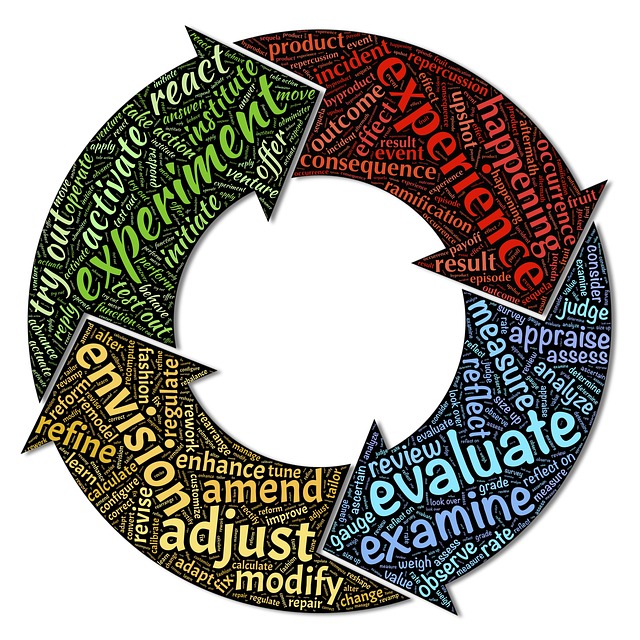In an earlier post I discussed how mindfulness enabled sustainable employee agency. I subsequently discussed the need to underpin mindfulness training with organisational interventions that develop managers and leaders and create a culture that is conducive to mental health and enables the realisation of the individual capacity-building benefits of mindfulness.
Building managerial agency through action learning
Previously, I discussed a particular longitudinal action learning intervention that addresses both manager and leadership development and appropriate cultural change. The Confident People Management program is designed to enhance the people management skills of managers and leaders.
One of the consistent findings about this action learning program, drawn from self-reports and external reviews, is that the action learning based, manager development program is an intervention that builds manager confidence to take up the authority and responsibility that derives from their managerial position.
The action learning based program builds managerial capacity to develop people management practices that are conducive to mental health in the workplace. Of note, is the development of managerial and employee agency embedded in the philosophy and approach of action learning.
Managers have the responsibility to improve their work environment, build the competence and confidence of their staff and establish a workplace conducive to mental health.
The authors of Mental Health at Work stress the legislative underpinning of a manager’s responsibility for mental illness in the workplace. They point, for example, to relevant Australian legislation such as:
- Health and Safety legislation (which varies between States)
- Common Law and related Case Law
- Anti-Discrimination legislation
- the Fair Work Act
- Worker’s Compensation Legislation
Our experience with the Confident People Management (CPM) Program is that, despite the weight of this legislation, managers often need “permission” to shape their workplace culture and to engender employee agency through delegation, employee development and positive feedback.
The CPM Program, consistent with the action learning philosophy, incorporates a collaborative ethos and involves the participant managers in undertaking a project designed to improve the workplace environment and the way the work is done – thus engaging their employees in these endeavours which are designed to build employee agency.
Action learning, managerial agency and mindfulness
Action learning based manager development programs, properly designed, can thus build managerial agency which, in turn, activates the individual capacity-building benefits of mindfulness, seen from the perspective of both the manager and the employees.
As managers grow in mindfulness, they become confident enough “to let go”, develop deeper insight into their authority and responsibility, experience enhanced motivation and self-control to engage employees in improving both work and the working environment and, thus, creating a workplace conducive to mental health, not only for their employees but also for themselves.
By Ron Passfield – Copyright (Creative Commons license, Attribution–Non Commercial–No Derivatives)
Image source: courtesy of johnhain on Pixabay
Disclosure: If you purchase a product through this site, I may earn a commission which will help to pay for the site, the associated Meetup group and the resources to support the blog.



